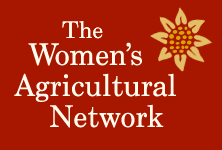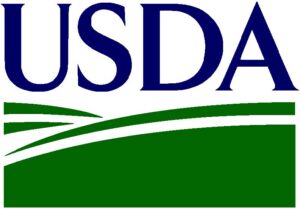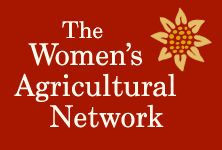Starting a specialty food business can be very rewarding, but it also requires a great deal of planning and attention to details, including meeting food safety regulations. One of the reasons that I was excited to start my job as UVM Extension Food Safety Specialist (in November 2010) was because of the large number of thriving – as well as aspiring –
specialty foods businesses in Vermont. Many of these businesses are small-scale, and many are run by women, which is very exciting! 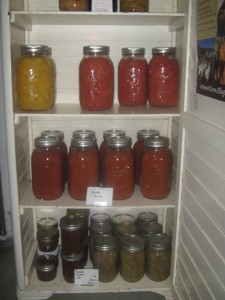
WAgN provides resource materials and training opportunities, such as Growing Places, on business planning and marketing for people interested in starting an ag-related business. Understanding and meeting all the required food safety regulations is an important – yet often overwhelming – component of starting and maintaining a food business.
Currently, products that will only be sold in Vermont only need to meet the requirements of the State of Vermont. However, some buyers, such as certain grocery stores or distributors may have stricter requirements, so you will need to check with your buyer. It is a good idea for food producers to meet strict food safety standards regardless of the required regulations, in order to assure customers that you are committed to producing the highest quality product possible. This should also increase your product shelf life and
help to reduce the likelihood of food borne illnesses.
The Vermont Department of Agriculture regulates the in-state sale of meat and poultry, dairy products, food labeling, and weights and measures. UVM Extension has fact sheets
available which outline the requirements for meat and poultry inspection and labeling that Vermont producers must meet to sell these products within the state.
Basically all other food products sold in Vermont are regulated by the Vermont Department of Health, including the sale of seafood, bakeries, restaurants, catering, and all other food products. All seafood handlers, restaurants, and caterers must meet specific requirements. However, home bakers selling less than $6500 of baked goods/year and food processors selling less than $10,000 of processed foods per year are NOT required to have a license (and therefore inspection).
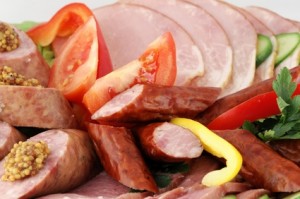 Any food products that are produced in Vermont and sold in other states need to meet federal food safety regulations. USDA regulates meat and poultry and many egg
Any food products that are produced in Vermont and sold in other states need to meet federal food safety regulations. USDA regulates meat and poultry and many egg
products. The Food and Drug Administration (FDA) regulates most other food products,
including fresh fruits and vegetables, processed foods, candies, maple syrup, etc.
The FDA Food Safety Modernization Act was signed into law in January 2011, and
will impact many food businesses in Vermont, although some will be exempted due
to their small size. The details of this legislation are currently under development at the Federal level.
Fact sheets covering this information and more information on other food safety topics will soon be available from the UVM Extension food safety website. Please feel free to email me at londa.nwadike@uvm.edu if you have questions on this information or any other areas of food safety.

